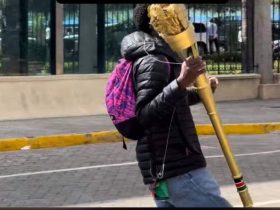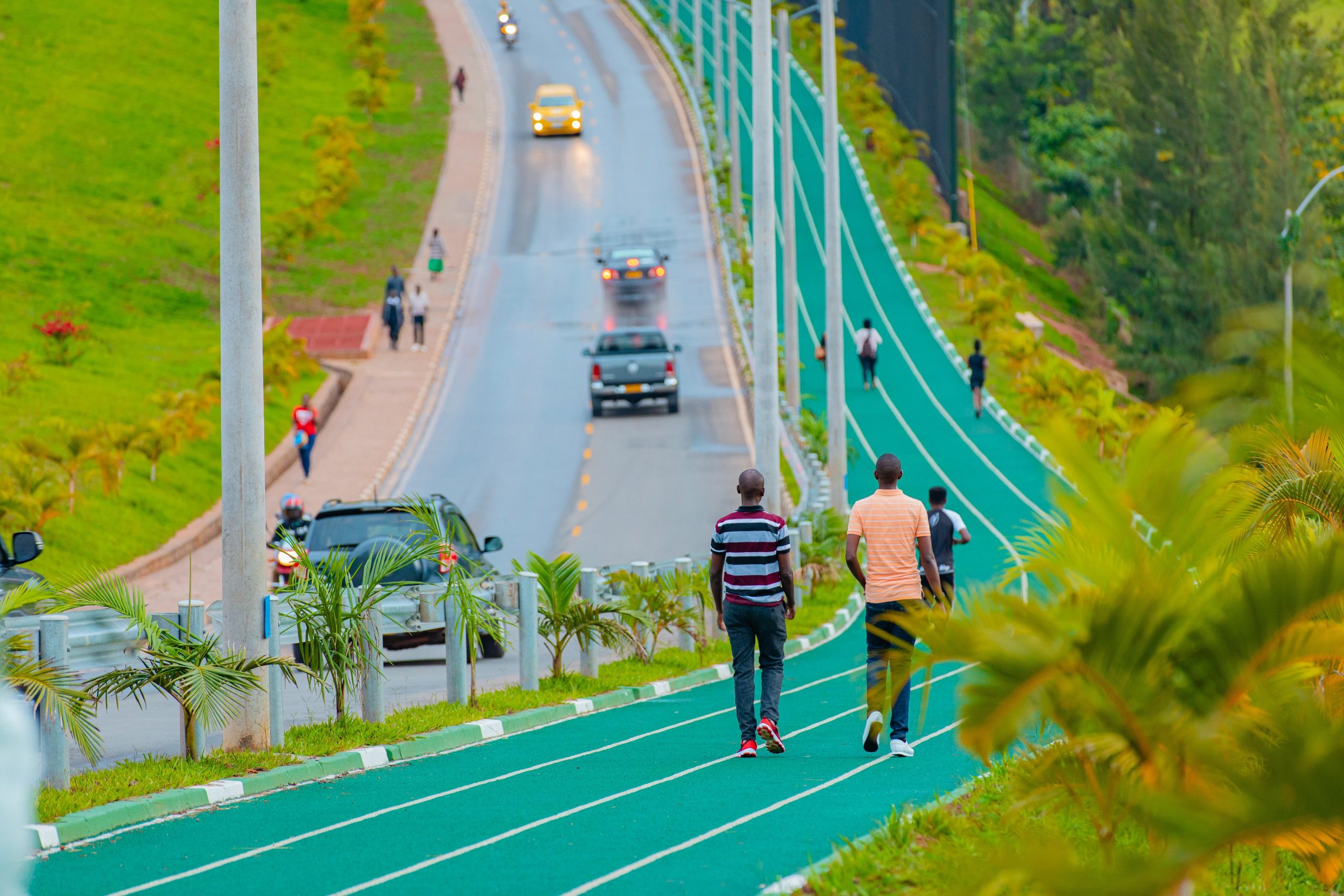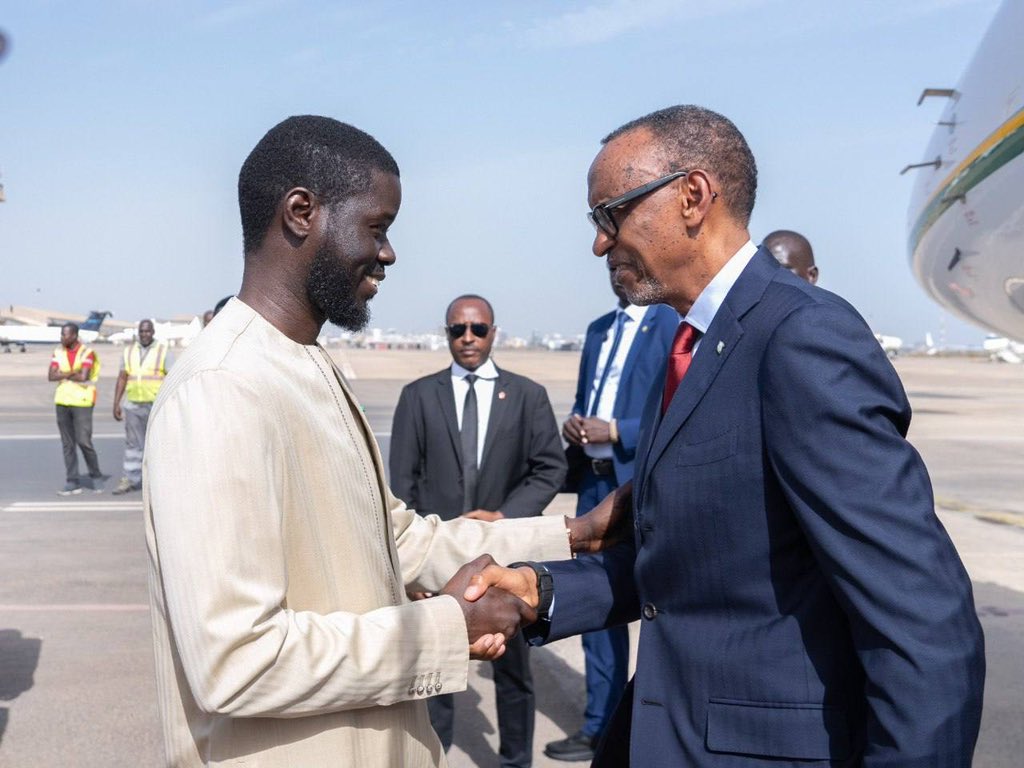Over twenty five years ago when the Rwandan diaspora returned home, after the Rwandan Patriotic Front had defeated the government of genocidaires, some politicians wanted to build themselves new constituencies. To do that, they created fresh divisions among the people based, this time, on regions of origin in Rwanda, country of exile from which one had returned and language of expression, etc.
Mind you this was only a year or two after the Genocide against the Tutsi, which had been caused precisely but similarly pointless divisions. Relatives in the same family were called to see one another as different, because one had sought refuge in East, and another in Central Africa. Apparently ‘Franco-phones’ and ‘Anglo-phones’ we unable to work together as one. Politicians found in the country too, had already well defined constituencies — or so they thought. They saw themselves as brokers between ‘their communities’ and the new power of the day. ‘Entente Kibuye’ (referring to a western province) and other regional associations were formed, disparaging nicknames given to diaspora groups and each time a native of a certain region was removed from a government position, their new ‘kinsmen’ protested; Rwanda’s diversity which was to underpin our country’s strength was being turned into a curse.
This deadly culture was nipped-in-the-bud swiftly and painfully by the Rwandan Patriotic Front led by its Chairman Paul Kagame; proponents of such idiocy were fired and at times imprisoned, others decided to flee the country and return to their favorite exiles.
That was the birth of the narrative, still ongoing, that ‘Kagame doesn’t tolerate dissent’. Luckily for our country, he did not relent and while regionalism and the ‘phones’ were defeated, new forms of patronage emerged and were fought in equal measure — to date.
However, those who fell victim of the new Rwanda and the Kagame doctrine are still at it, constituted in political and paramilitary groups in the West and in the region, they are still trying to create division among Rwandans based on invented, self-serving differences.
Two such persons are David Himbara and Filip Reyntjens.
Himbara, once an advisor at the presidency, a short-lived position he believes he got based – not on his aptitudes, but on his affiliations – to his undoing, the man has since returned to Canada, from where he publishes an obsessive, poisonous blog. Today’s title: “Kagame Dumped ‘Ugandans’ From Top Government Positions”, following the recall of General Patrick Nyamvumba to the Rwanda Defense Force. Prior to his recall, the general had been serving as Minister of Internal Security.
Reyntjens, also an advisor to the genocidal regime who fell on the way side with his employers, has tweeted as much. Reyntjens’ nightmare is to conceive Rwanda as the nation that it is. A descendent of Belgian colonialists he still hopes to rule over Rwandans by dividing them.
Interestingly, 75% of Rwandans aged 30 and below have no idea what Himbara or Reyntjens are talking about, Why? because they grew up in Kagame’s Rwanda. Had they been brought up — God forbid — by the likes of Himbara and Reyntjens, they would be as prejudiced as they are.
Whenever I read Himbara, and whenever I read titles that say ‘Kagame doesn’t tolerate dissent’, I am reminded why patronage, corruption and conflict still thrive on the African continent; then I am reminded why we still need a Paul Kagame in Africa, and I make a wish for no one’s child to be brought up in a country where cancers like Himbara and Reyntjens are allowed to poison young minds.












Leave a Reply